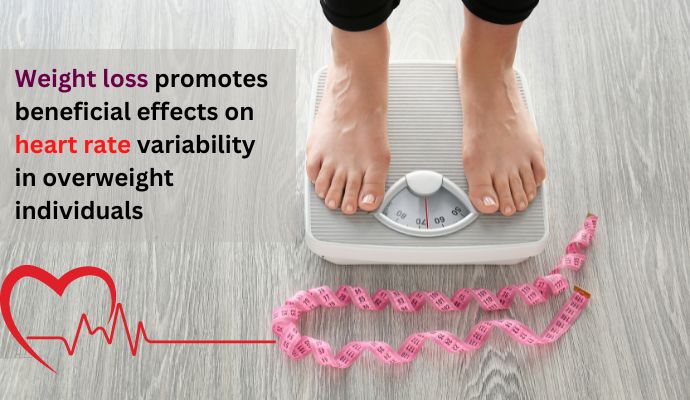
Sleep apnea and how it is associated with Obesity
Sleep apnea refers to a condition in which
58,950 total views, 73 views today
Home » Obesity induced hypertension
Based on the cause, hypertension is of two types:
Obese individuals have high amounts of fat deposits on the inner walls of the arteries that supply blood. These deposits can narrow the passage, thereby reducing the blood flow. In such cases, heart will pump harder to supply blood to different parts of the body, thus it increases the blood pressure.
The Framingham Study demonstrated that obese individuals have 16 mmHg higher systolic blood pressure and a 9mmHg higher diastolic blood pressure than persons with normal BMI. The study also showed that the obese participants have twice the risk of hypertension compared to the participants with normal relative weight. [4]
Although obesity-related hypertension may be the result of a combination or overlap of a number of factors, activation of the sympathetic nervous system has been considered to have an important role in the pathogenesis of obesity-related hypertension. High-caloric intake can increase the level of norepinephrine (a chemical present in the body), which will narrow the blood vessel, thereby increasing the blood pressure on the arterial wall. This leads to elevated sympathetic activity and hypertension.
According to researches, the possible mechanism for obesity-related hypertension is as follows:Considering those conditions, the management of obesity induced hypertension should include lifestyle management measures and therapeutic interventions to lower blood pressure.
Various guidelines for the management of hypertension recommend that weight reduction or weight stabilization should be instituted in overweight patients. Researches shows that weight reduction have a beneficial effect on overall risk and in lowering blood pressure in obese patients. Medications combined with lifestyle modifications are required to reduce the risk of developing high blood pressure and improving quality of life.

Sleep apnea refers to a condition in which
58,950 total views, 73 views today

Since the beginning of 20th century, the overall
58,927 total views, 73 views today

New year is the time for new beginnings.
59,627 total views, 73 views today

Weight loss can be tricky business, as it
59,498 total views, 73 views today

According to a recent study, weight loss through
60,397 total views, 73 views today

According to a recent study, preoperative very low
60,398 total views, 73 views today

A recent study conducted on GERD (Gastroesophageal Reflux
60,402 total views, 73 views today

A recent study done to examine the long-term
59,282 total views, 71 views today

Overweight and obesity is a major health concern
29,565 total views, 53 views today

A recent study published in the Journal of
28,755 total views, 53 views today

The findings from a recent study, published in
28,996 total views, 53 views today

The findings of a recent study, published in
29,396 total views, 53 views today